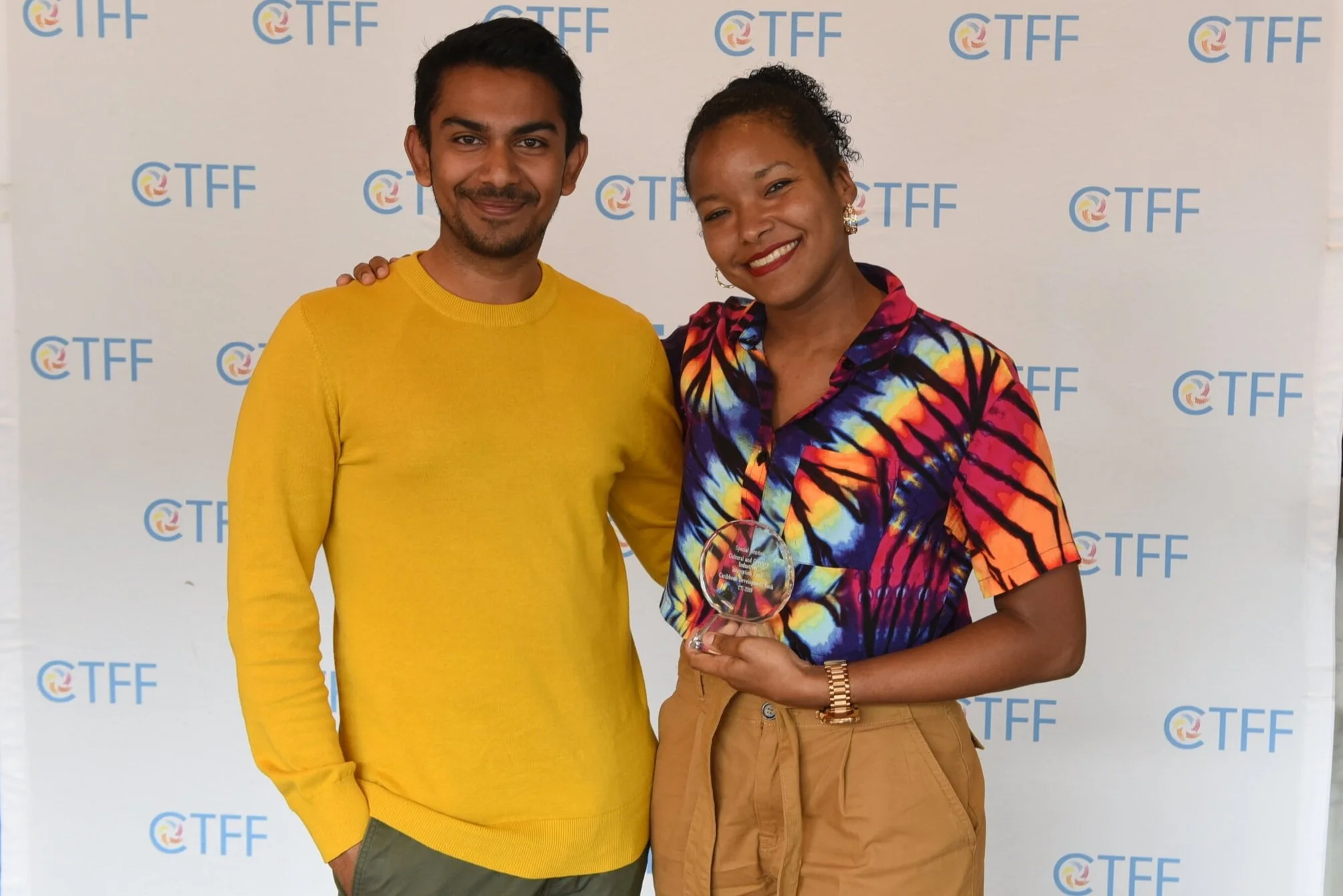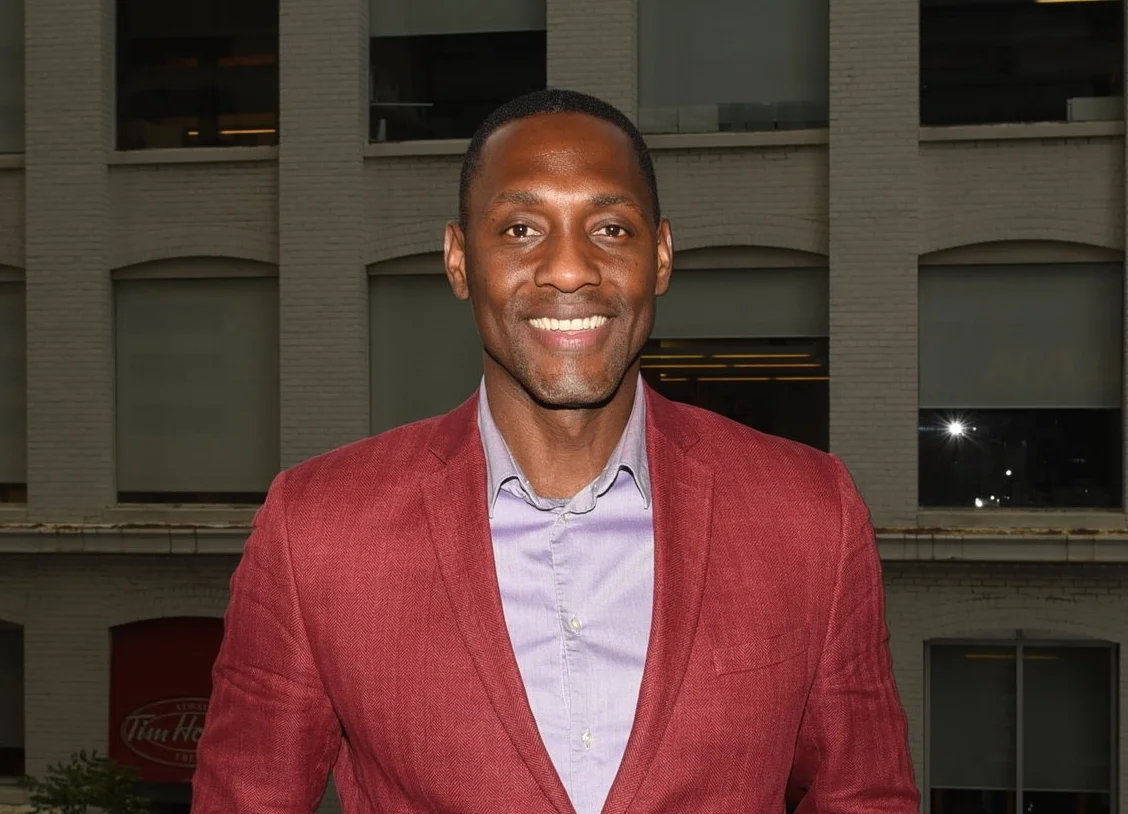Filmmakers from Caribbean, Africa and North America benefit from Toronto incubator
October 22, 2019
Just before midnight on the first day of September 62 years ago, a train returning with Sunday excursionists to Kingston from Montego Bay, crashed in Kendal, a small community in the parish of Manchester.
Jamaica’s worst rail disaster claimed 192 lives, the majority of them church parishioners from Holy Name Society of St. Anne’s Roman Catholic Church.
Through her father Seymour Blackwood who is a photographer, award-winning director Gabrielle Blackwood learnt about the tragedy a few years ago.
“The story was passed down to him from the paternal grandfather I never knew and I started to think, ‘Why is this story not on screen and why are we as Caribbean filmmakers mostly producing stories about sun, sea and sand?’,” she said. “It also occurred to me at that moment that the dead could have been a family member.”
The disastrous Kendal train crash took place in 1957 (Photo contributed)
The deadly disaster is the subject of a film, ‘Kendal’, that follows two friends who innocently traverse the many characters, that included miscreants, on the train.
“Trying to escape the abuse of her step-aunt, the central character – Winnie is a postal clerk – scores a free ticket for the excursion from her best friend Gladys,” said 31-year-old Blackwood who was a participant in this year’s Caribbean Tales Film Festival (CTFF) incubator in Toronto. “On the trip, they meet a bunch of cronies who they associate with and, through these associations, a series of events take place.”
‘Kendal’ won the Big Pitch US$10,000 prize donated by the Cultural and Creative Industries Innovation Fund and the Caribbean Development Bank.
“When I wrote ‘Kendal’, I was very worried about the project financing,” said Blackwood. “This is another drop in the bucket that will help make it a reality.”
The feature screenplay has also been shortlisted for a Sundance Lab and the Screencraft Drama Feature Writing Competition.
In its 10th year, the CTFF incubator is a development and production hub for international producers that aims to increase the volume of compelling world-class content from around the world.
From a record-breaking number of applications, 11 projects were selected, ranging from romance and drama to thriller and speculative fiction.
After six to eight weeks of online training, the participants come to Toronto for a week of intensive workshops that culminate with a three-minute pitch to industry professionals.
Indo-Canadian film producer Shant Joshi, who was a member of the Canadian Producer Stream at the incubator, filled in as the producer for ‘Kendal’ for the incubator.
“Creating this character Winnie and telling her story of self-empowerment through this disaster that affected the entire island along with the sheer scale of the project appealed to me,” said Los Angeles-based Joshi who has produced over 12 short films that have screened at film festivals around the world. “The way those things intermingled was just profound.”
Gabrielle Blackwood & Shant Joshi (Photo by Ron Fanfair)
Visiting Toronto for the first time, said Blackwood, was very fulfilling.
“Learning how to pitch a project and interacting with other filmmakers and industry professionals from around the world was very enlightening,” she said. “I gained so much in a short time in a city where I found the people to be warm and friendly. I couldn’t ask for more.”
Blackwood hopes to complete the film in 2021.
“I am seeking more private funding and there’s a fund that is being developed in Jamaica that we can hopefully tap into,” the Jamaica Film & Television Association Immediate Past President and first Jamaican to receive a Commonwealth scholarship specializing in Film said.
The creative juices for Blackwood started flowing at an early age.
By eight, she was writing and producing her own made-up plays and recreating moments from the pantomime and the Olympics opening ceremony with her neighbours. She designed her own stage with props and relived the glory of the quadrennial Summer Games in her home-made stadium.
Earning Bachelor of Arts degrees in Screen Production and Media & Communication from the University of Auckland and the University of the West Indies respectively, Blackwood graduated at the top of her Master’s class in Screen Production at the University of Auckland in New Zealand in 2011.
She works professionally in Jamaica as a Director and Director of Photography for commercials, short films and documentaries.
Of the 21 filmmakers selected to participate in the incubator, 60 per cent were female creators and producers of colour.
They include award-winning South African journalist, filmmaker and writer Sylvia Vollenhoven who won the Big Pitch, Jury Prize and Audience awards for her project, ‘Buckingham Palace’, which captured the South Africa-Canada Accelerator Award at this year’s Durban International Film festival.
“The incubator was run by smart Black professionals and what really struck me was how much we have in common no matter where we came from in the world and how Black people are finally getting into this very White industry and telling our stories our way,” she said. “It also emphasized for me that my African ancestors want their stories told their way and now.”
‘Buckingham Palace’ is a story of Vollenhoven’s birthplace.
“Today, it’s just a hole in the heart of the city of Capetown,” said the University of Johannesburg’s first Professor of Practice who was the South African producer for the British Broadcasting Corporation mini-series, ‘Mandela: The living Legend’. “It’s a story of Zoot, a gangster-turned hero who has to decide between the woman he loves or fight an injustice. It is 60s Capetown in the foothills of Table Mountain. After yet another stint in the local jail, Zoot moves into a dingy row of cottages ironically named Buckingham Palace by the locals. Soon after he moves in, a fire breaks out and Zoot risks his life to save an elderly couple. Now, this guy who has been in trouble since he was a boy is everyone’s hero, especially the precocious young kid next door. Zoot is on a path of reform, but he feels hopelessly in love with his shy Conservative Muslim neighbour. For him, she’s the unattainable innocence and for her, he’s that dodgy scary dangerous infidel. She has her own protective brothers called ‘The Jungle Boys’.
“In 1966, the apartheid state declares District Six would be for White people only. The owner of Buckingham Palace and the local shopkeeper is that guy that everybody loves to hate. But to everyone’s surprise, he comes down on the side of his tenants and stands up against the apartheid government. Zoot comes into his own as one of the leaders of the struggle. When the bulldozers move in, he has to decide between leaving the district with his beloved female friend or fight an injustice.”
Sylvia Vollenhoven (Photo by Ron Fanfair)
The film is an adaptation of Richard Rive’s novel of the same name.
“We have adapted it for theatre and my play on his life was invited to run on London’s westend where the ‘Times of London’ newspaper gave it four stars,” said Vollenhoven who was a member of the selection panel for the first intake of the Oprah Winfrey Leadership Academy in Africa.
Rive was Vollenhoven’s Latin teacher.
“We all have that one teacher that inspired us and changed our lives,” she said. “Richard was the person who made me understand that even despite the fact that I was growing up in the 60s in apartheid South Africa, Black people could write their stories, they could be published and I could aim for that.”
South African filmmaker Ayanda Halimana won the second place Jury Award for her project, ‘One day in June’, that tells the story of two homeless teenagers embarking on a search for their biological mothers.
The Big Pitch winners graduate to the nine-month incubator production support program that takes projects from pitch to production.
Independent filmmaker and educator Andrew Millington was part of the six-member incubator mentor team.
“Though this is my fourth year doing this, I still get jitters thinking about the hard work that the filmmakers put in,” said the University of the West Indies Motion Picture Arts senior lecturer. “The preparation – the blood, sweat and tears – was unbelievable and they came out today and told their stories with passion. They are working to perfect their storytelling ability and today is a representation of the power and potential of not just the Caribbean, but the Diaspora.”









